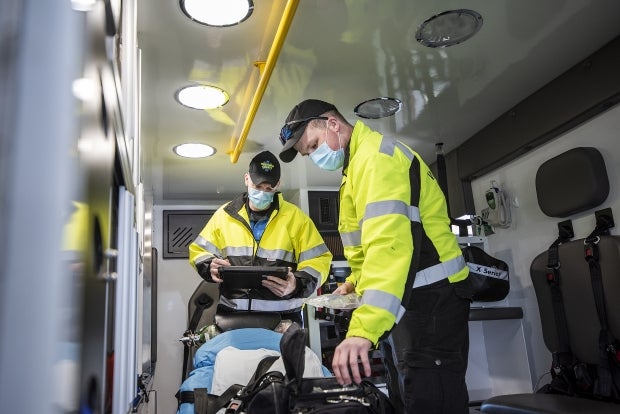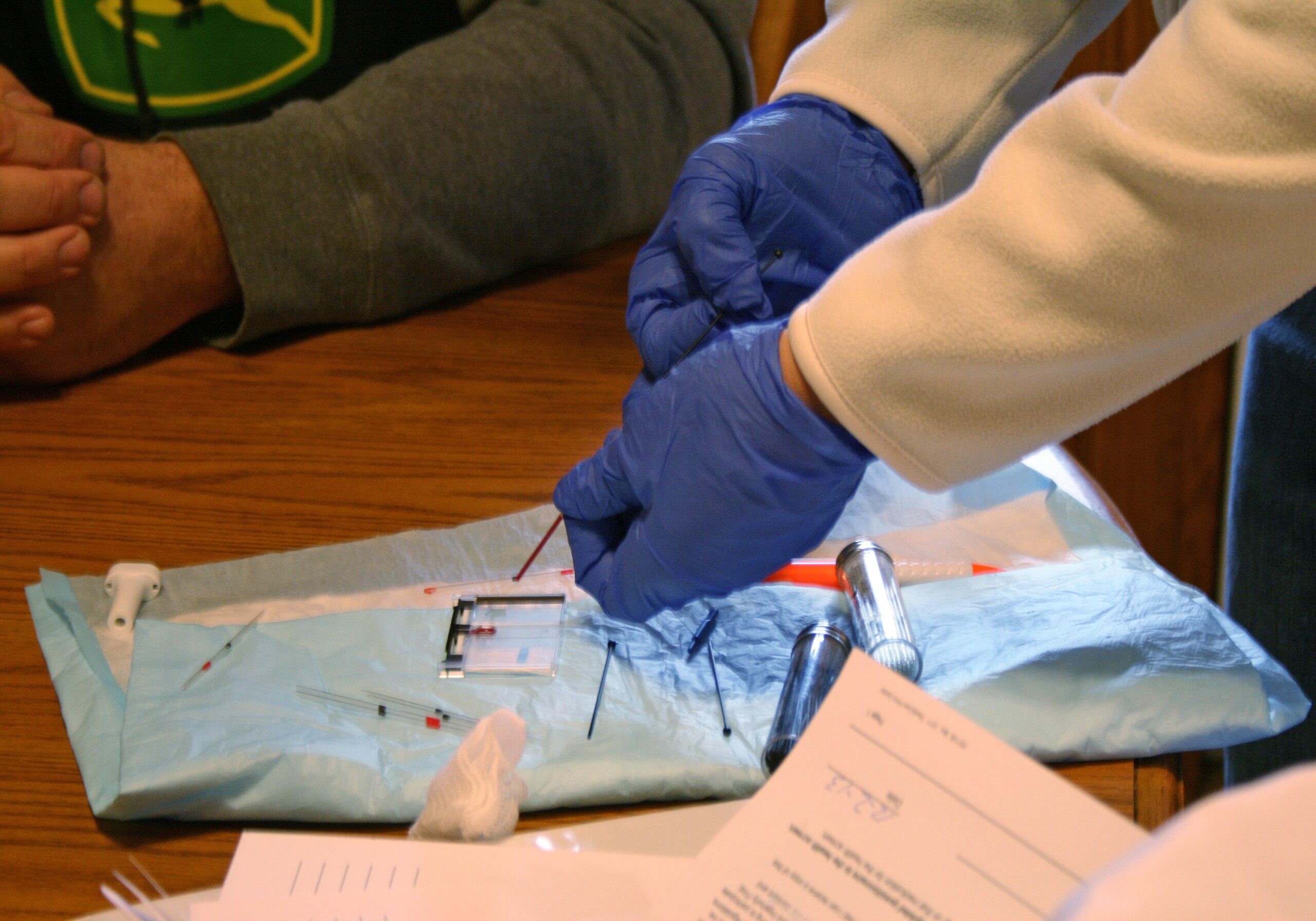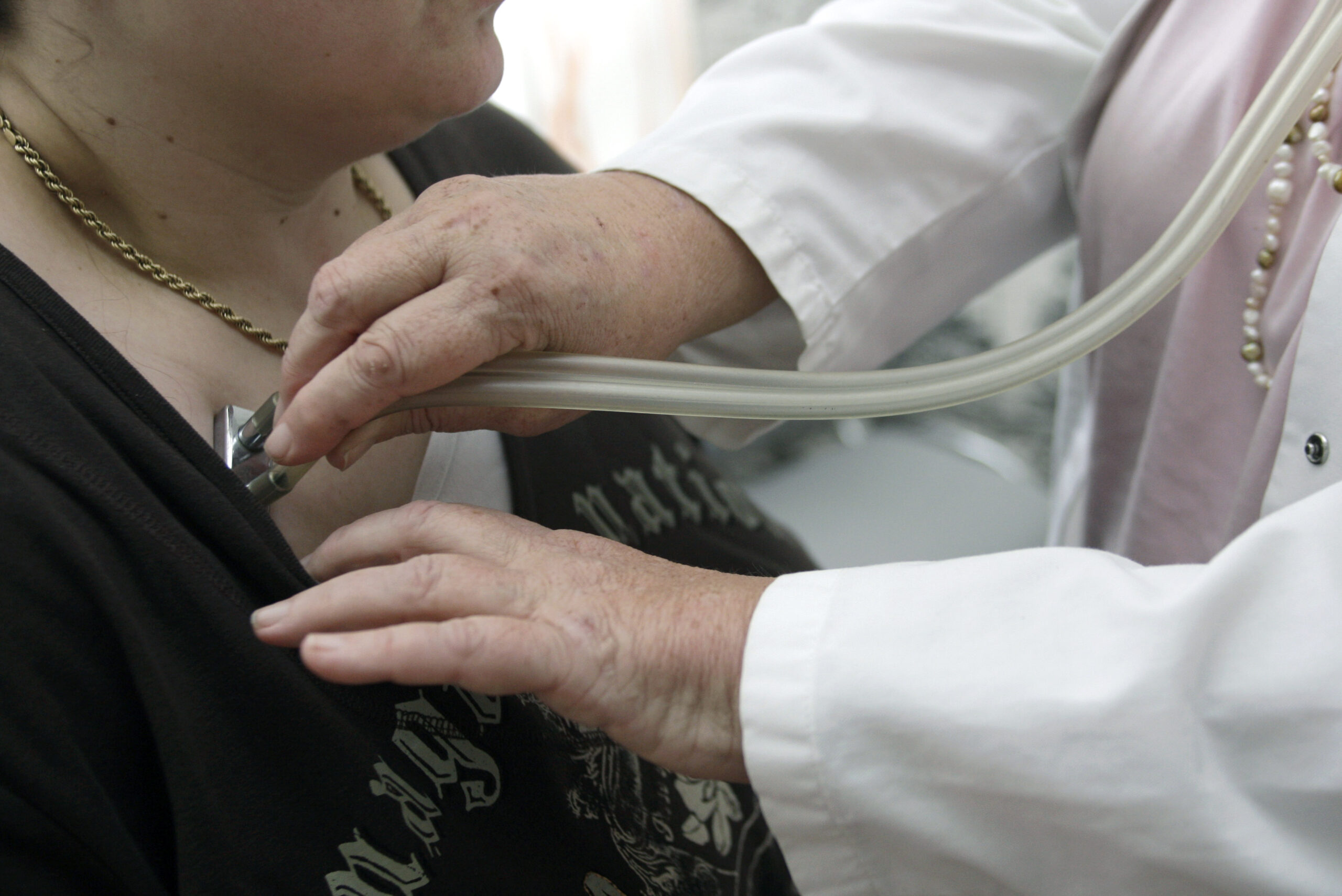Wisconsin is moving forward with changes that would make it easier for people to get professional licenses that are valid in multiple states.
Last week, Democratic Gov. Tony Evers signed a bill into law that makes Wisconsin the third state to join an interstate credentialing agreement for physician assistants.
Once at least four more states sign on, the compact would allow Wisconsin PAs to apply to practice in any of the states that belong to the compact.
News with a little more humanity
WPR’s “Wisconsin Today” newsletter keeps you connected to the state you love without feeling overwhelmed. No paywall. No agenda. No corporate filter.
Supporters say the changes would streamline credentialing for providers who move, practice travel medicine or for those who live in border communities.
The compact could be especially helpful for PAs who treat people via telehealth, said Meghan Pudeler, a lobbyist for the American Academy of Physician Associates.
“PAs can really move a little bit more quickly, which can help with the continuity of care,” she said. “So if a patient is to move outside of Wisconsin, a PA in Wisconsin could utilize the compact to apply for a privilege, say, in Minnesota, if Minnesota was to enact the compact.”
Utah and Delaware joined the physician assistants licensing compact earlier this year, and bills are pending to expand membership to Ohio, Michigan and New York, according to the AAPA.
Also last week, Evers signed legislation to have Wisconsin join similar agreements for licensing professional counselors and speech-language pathologists.
Other Wisconsin licensing bills are pending, including proposals to join interstate credentialing compacts for social workers, dentists and dental hygienists.
Republican lawmakers have criticized the Evers administration over wait times for health care and business licenses.
State officials say processing speed has improved, however, and as of Friday afternoon, online data from Wisconsin’s Department of Safety and Professional Services shows it took an average of 2.1 days to review a health license and 3.5 days to review a business application.
During a public hearing this fall, Sen. Rob Stafsholt, R-New Richmond, said interstate cooperation is one way to speed up licensing, so Wisconsinites can get to work more quickly.
“I’ve heard from many frustrated constituents that are dealing with unnecessary delays, confusion and lack of communication while attempting to get an occupational license from DSPS,” said Stafsholt, who chaired a study committee on Licensure reform. “Wisconsin’s health care and business sectors are struggling to find qualified workers. So we need to ensure our licensure process is streamlined and functions efficiently in Wisconsin.”
Wisconsin already belongs to interstate licensing compacts for physicians, nurses, occupational therapists, psychologists and psychical therapists.
Roger Lovelace, a radiology PA who leads the Wisconsin Academy of Physician Assistants, says it makes sense for that model to be extended to PAs.
“It increases access for patients — that’s the bottom line,” he said. “You’ll find a lot of PAs will practice in rural health care settings. They fill a need there … It’s well documented in literature and surveys that there’s a shortage of physicians across the country. That’s not going to get any better anytime soon, and, overall, there’s just a shortage of providers.”
Editor’s note: This story has been updated to correct the name of the American Academy of Physician Associates.
Wisconsin Public Radio, © Copyright 2026, Board of Regents of the University of Wisconsin System and Wisconsin Educational Communications Board.







